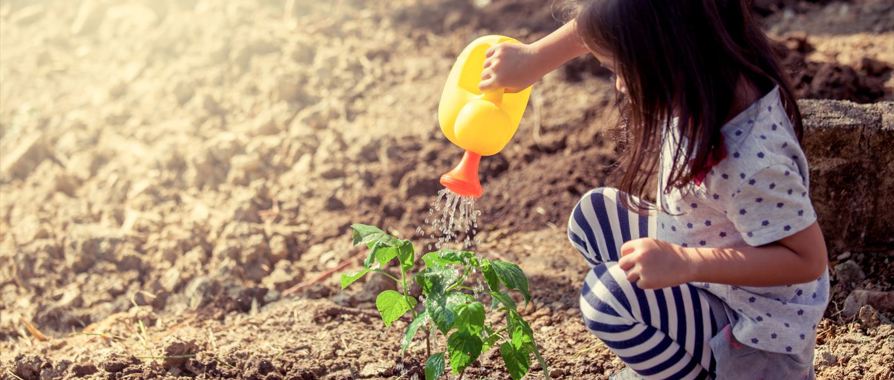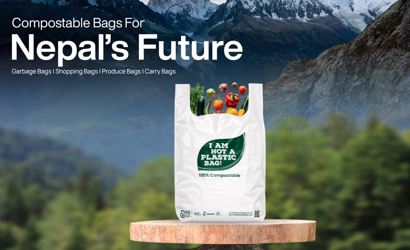Our Blog
Plastic Facts: Traditional vs. Compostable

4 Fun Facts About Traditional vs. Compostable Bags
Plastic Facts Face-Off: Traditional vs. Compostable! 🌿
Did you know? 🌍
1. Traditional Plastic Bags Take Up to 500 Years to Decompose Traditional plastic bags, made from polyethylene, are notorious for their incredibly slow decomposition rate. Once discarded, they can take up to 500 years to break down in the environment. This long lifespan means that plastic bags from decades ago are still polluting our planet today. They persist in landfills, oceans, and other ecosystems, contributing to long-term environmental damage.
2. Biodegradable Bags Break Down Within 180 Days in Composting Conditions In contrast, compostable bags are designed to break down much more quickly under the right conditions. These bags, made from natural, plant-based materials like cornstarch or PLA (polylactic acid), can decompose within 180 days when subjected to composting conditions. This rapid breakdown significantly reduces the environmental footprint and helps in creating nutrient-rich compost that can be used to enrich soil.
3. Made From Plant-Based Materials, They Reduce Reliance on Fossil Fuels Traditional plastic bags are derived from petroleum, a non-renewable fossil fuel. The extraction and processing of petroleum contribute to greenhouse gas emissions and environmental degradation. On the other hand, compostable bags are made from renewable, plant-based materials. This shift reduces our dependence on fossil fuels and promotes the use of sustainable resources. By choosing compostable bags, we support a more eco-friendly production cycle that is kinder to the planet.
4. Helps Reduce Plastic Pollution in Our Oceans and Landfills Plastic pollution is a critical issue, particularly in our oceans and landfills. Traditional plastic bags often end up in waterways, harming marine life and ecosystems. They can be ingested by animals, causing injury or death, and can also contribute to the formation of microplastics, which are tiny plastic particles that pollute the food chain. Compostable bags, however, break down into natural elements that are non-toxic and do not contribute to long-term pollution. By switching to compostable bags, we can significantly reduce the amount of plastic waste that ends up in our oceans and landfills, protecting wildlife and the environment.
Switch to Eco Wrap Nepal's Compostable Bags and Make a Difference Today! 🌱
Eco Wrap Nepal's compostable bags are a sustainable alternative to traditional plastic bags. Made from renewable plant-based materials, they decompose quickly and help reduce pollution. By choosing Eco Wrap Nepal's compostable bags, you can contribute to a cleaner and greener planet. Make the switch today and be part of the solution!
#EcoFriendly #Sustainability #PlasticFree #CompostableBags #EcoWrapNepal















